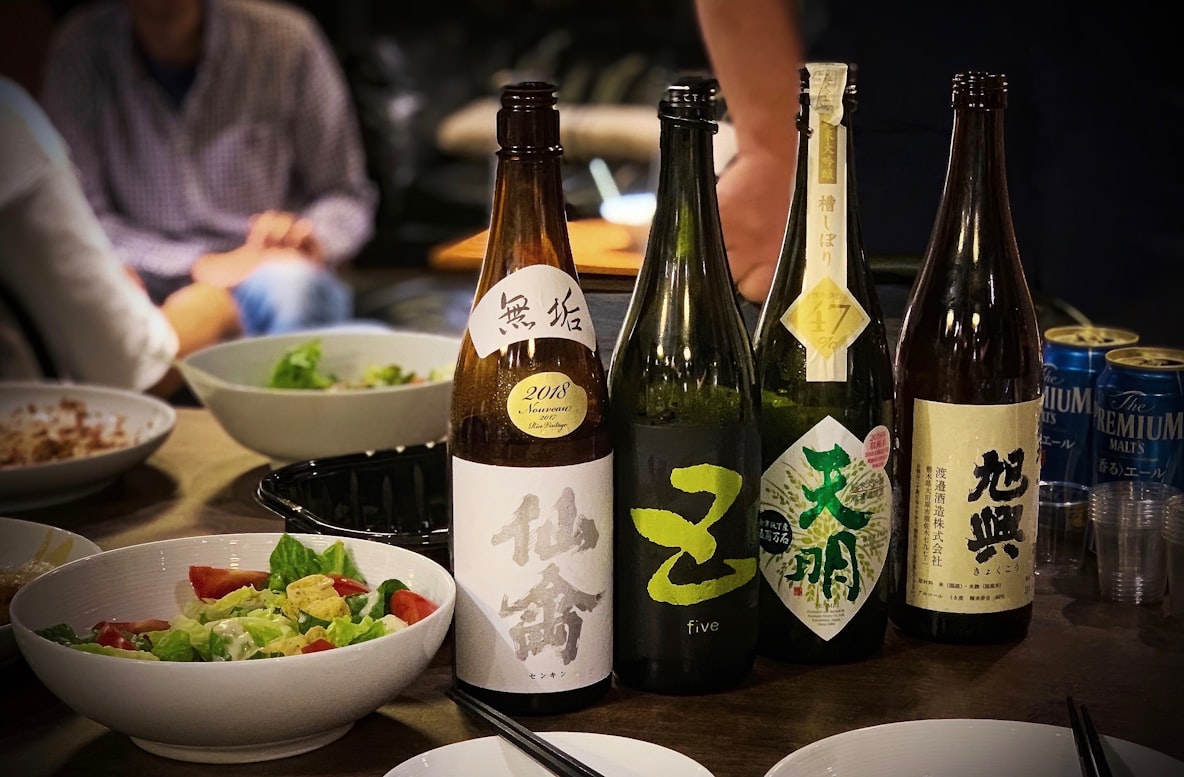Embark on a culinary journey as we delve into the world of Hobayaki, a traditional Japanese cooking method that involves marinating fish in miso and grilling it inside a magnolia leaf. This centuries-old technique, rooted in Japanese culinary history, offers a unique blend of flavors and aromas that showcase the harmony between the natural ingredients and the meticulous preparation. Join us as we explore the origins, cultural significance, and the evolving food trend surrounding the Hobayaki Harmony.
Origins of Hobayaki
Ancient Culinary Tradition
Hobayaki, with its roots in Japanese culinary traditions, has been practiced for centuries. The method involves wrapping fish, typically a white-fleshed variety like sea bream or snapper, in a mixture of miso, sake, and mirin, and then grilling it inside a magnolia leaf. This ancient technique not only imparts a distinctive flavor to the fish but also preserves its natural moisture, resulting in a succulent and aromatic dish.
Magnolia Leaf as Cooking Vessel
The use of a magnolia leaf as a cooking vessel is a key element of Hobayaki. The leaf not only adds a subtle fragrance to the dish but also serves a practical purpose by protecting the fish from direct heat during grilling. The magnolia leaf infuses the fish with its unique aroma, contributing to the overall sensory experience of Hobayaki.
Cultural Significance of Hobayaki
Celebratory Feasts
Hobayaki has deep cultural significance and is often associated with celebratory feasts and special occasions. It is a common sight during festivals, weddings, and New Year’s celebrations, where the rich flavors of miso-marinated fish symbolize good fortune, prosperity, and the joy of communal dining.
Seasonal Traditions
In Japan, Hobayaki is often enjoyed in specific seasons, aligning with the availability of fresh fish and magnolia leaves. The practice of incorporating seasonal ingredients into the dish reflects the Japanese appreciation for the changing natural landscape and the importance of enjoying food in harmony with the environment.
Food Trend: Hobayaki Reinvented
While Hobayaki has deep cultural roots, contemporary chefs and food enthusiasts are reimagining its role in modern cuisine, introducing innovative ways to showcase the unique flavors of miso-marinated fish.
Gourmet Fusion Creations
One notable trend in the Hobayaki Harmony experience is the emergence of gourmet fusion creations. Chefs are incorporating the technique into high-end dishes, experimenting with different types of fish and miso variations. Hobayaki-inspired dishes may feature exotic fish varieties, unconventional miso blends, and creative presentations that elevate the traditional method into a sophisticated culinary experience.
Magnolia Leaf Infusions
The use of magnolia leaves as an aromatic element is being explored beyond the traditional Hobayaki method. Chefs are incorporating magnolia leaf infusions into sauces, broths, and even desserts to impart a subtle floral note to a variety of dishes. This trend showcases the versatility of magnolia leaves as an ingredient beyond their traditional role in Hobayaki.
Hobayaki Tasting Menus
To cater to the growing interest in traditional Japanese cuisine, some restaurants are introducing Hobayaki tasting menus. These curated experiences allow diners to sample different variations of miso-marinated fish, each paired with complementary ingredients and flavors. Hobayaki tasting menus provide a culinary journey that highlights the nuances of this ancient cooking method.
Where to Experience Hobayaki Harmony
For those eager to savor the delights of Hobayaki and explore the evolving trends, various culinary destinations offer opportunities to experience this miso-marinated fish in magnolia leaf.
Traditional Ryotei Restaurants
Ryotei restaurants, known for preserving traditional Japanese culinary arts, often feature Hobayaki on their menus. These establishments provide an authentic and refined setting for experiencing the cultural and gastronomic richness of Hobayaki.
Innovative Izakayas
Innovative izakayas, Japanese-style pubs, are embracing the Hobayaki trend and incorporating it into their menus. Visitors can enjoy a more casual atmosphere while savoring creative Hobayaki-inspired dishes and exploring the diversity of miso-marinated fish.
Culinary Events and Festivals
Culinary events and festivals that focus on traditional Japanese cuisine frequently include Hobayaki demonstrations and tastings. These gatherings provide an opportunity for food enthusiasts to interact with chefs, learn about the history of Hobayaki, and indulge in its delightful flavors.
Embracing Hobayaki Harmony: A Culinary Adventure
In conclusion, Hobayaki Harmony invites us on a culinary adventure that bridges the gap between ancient traditions and modern innovation. Whether savoring Hobayaki in a traditional ryotei, exploring its gourmet fusion variations, or attending a culinary event to witness the meticulous preparation of miso-marinated fish in magnolia leaf, this timeless cooking method continues to captivate with its unique blend of flavors. So, let the Hobayaki Harmony transport you into a world where centuries-old culinary traditions meet contemporary creativity, creating a harmonious and delightful experience for your palate.…






